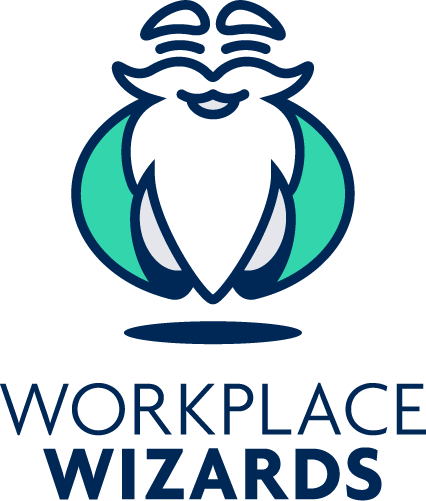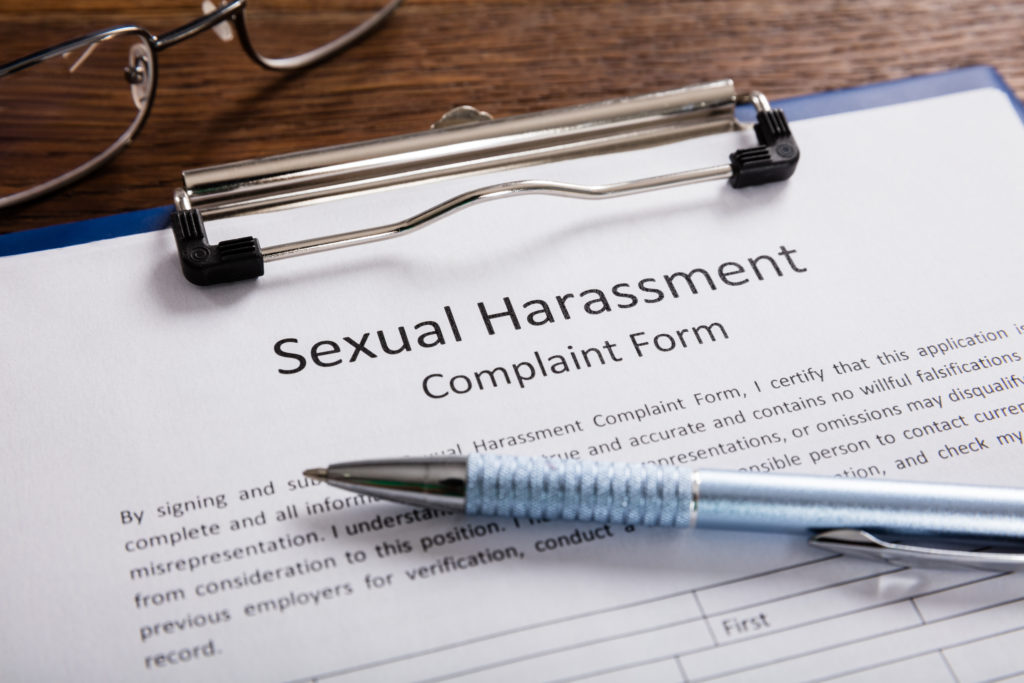Imagine HR arrives at your desk one day at work. They inform you that a person – whose name they won’t disclose – has made an allegation of s-xual harassment against you. They suspend you from work and appoint their own external investigator (wholly paid by the employer) who questions you. You completely deny the events described ever taking place. Despite not knowing the identity of your accuser, you are sacked on the spot without any notice. You’ve been employed for 12 years with this employer without any incidents.
In an extremely interesting decision regarding how s-xual harassment dismissals will be treated in the #MeToo era, the Fair Work Commission (“FWC”) has upheld the sacking of a council employee who was found to have engaged in “s-xually demeaning” comments and actions toward a council after-school program worker despite claims of innocence.
the case at hand
The case, Rolando Locastro v City of Darebin [2021] FWC 6656, concerned an interaction between Mr Locastro, a crossing supervisor employed by the Darebin Council, and Ms Smith, an after-school care worker. Ms Smith recounted that one day as she was waiting at the crossing, Mr Locastro commented that she looked better with curly hair instead of straight hair. He then asked if he could ‘bounce’ one of her curls. In fear of seeming rude, Ms Smith let him touch her hair and noticed that Mr Locastro then looked at her chest. As Ms Smith had to wait at the crossing, the two continued to talk and discussed weekend plans. When Ms Smith mentioned that she was to do gardening, Mr Locastro commented that she was “a dirty girl” and “I bet you like to get your hands dirty don’t you”. Following this conversation Ms Smith made a direct complaint to the council.
The council subsequently stood down Mr Locastro while a confidential investigation took place with an external investigator engaged by the employer. The investigation eventually found that, on the balance of probabilities, the conduct had occurred, and the council proceeded to summarily dismiss Mr Locastro due to a breach of their Code of Conduct and Equal Opportunity Policy. Mr Locastro denied that the conduct took place throughout the process and contended that the investigation did not make the allegations clear to him. However, the Commission found that there was no motivation for Ms Smith to have falsified the allegations, and had the conduct occurred, it was valid grounds for dismissal. Given the investigation that also occurred, the Commission found that the dismissal was not unfair.
What does this mean for employers?
This case throws us a number of fascinating aspects.
First, this case was one in which the complainant did not know the name of the person she was making serious allegations against (she simply described him, inter alia, as having “olive skin [and being] of Mediterranean heritage”). The Respondent throughout denied he was the man who had done the things alleged. His employer never revealed to him the person who was making these serious allegations against him. Yet, the Commission supported the investigator’s finding he was indeed the culprit, and that he had done and said all the things alleged against him (over his complete denial to the contrary).
Second, ordinarily – perhaps pre-the #MeToo movement (pre-2017) – the general rule for investigators was that,
- Where the Applicant makes an allegation which is completely denied by the person accused, and
- In the absence of any confirmation witnesses or other supporting evidence (e.g. CCTV footage)
the ‘balance of probabilities’ was not met, because the allegation could not be substantiated.
This is especially so for serious allegations in which the Respondent might pay a high price (e.g. summary dismissal). As investigators we did this because we knew the FWC – which is generally more sympathetic to employees in an unfair dismissal claim – would ‘pick holes’ in any investigation which found otherwise. Especially for an employee such as Mr Locastro who is against a large council employer such as Darebin (approx. 1200 employees).
Yet, the game seems to have changed post-the #MeToo movement. The #MeToo movement is defined (by the Merriam-Webster dictionary) as “calling attention to the frequency with which primarily women and girls experience s-xual assault and harassment” which rose to global prominence in 2017. The subsequent widespread media coverage and discussion of s-xual harassment, particularly in the Hollywood entertainment industry, led to high-profile terminations of prominent men in powerful positions, as well as criticism and backlash and an increased intolerance of s-xually-unsafe workplaces, industries and practices.
The Commission seems to acknowledge the game has changed – and the bar is much lower for employers seeking to summarily dismiss employees for s-xual harassment-related conduct in the post-#MeToo era. Masson DP held (at 77):
“While the Applicant’s conduct in his interaction with Ms Smith could never have been acceptable in my view, the contemporary environment has brought that type of behaviour into sharper focus. There can be no tolerance by employers of that type of inappropriate conduct, be that directed towards fellow employees or members of the public.”
The reference to ‘contemporary environment’ can mean little else. Further, this was despite Masson C acknowledging that:
- Mr Locastro was a conscientious employee;
- He had not been the subject of any previous complaint and never engaged in inappropriate conduct prior to the incident that led to his dismissal;
- Mr Locastro was in his 60s and was “not a young man and is certainly closer to the end of his working life than to the beginning of it”;
- A dismissal “is likely to be more profoundly felt in terms of the challenge of securing fresh employment”;
- Indeed, to put it more strongly – a finding upholding the fairness of the Council’s sacking, for a man in his 60s sacked summarily from the Council for s-exual harassment, is likely to render his chances of ever getting another job next to zero.
Yet, the FWC – on balance – found the s-xually-suggestive comment made outweighed all other factors. Therefore, the council’s decision to dismiss ‘on the spot’ without notice was fair, proportional and not harsh in the circumstances.
What this means for your workplace
EMPLOYERS
For employers, decisions like this suggest the winds of change have blown through the modern workplace regarding s-xual harassment and harsh sanctions against those found to have engaged in such conduct will be more likely to be supported by the FWC.
EMPLOYEES
For those employees accused of s-xual conduct at work, the stakes are high, and you are not necessarily entitled to know who is making these serious allegations against you (especially difficult if you can’t remember or completely deny and such comment or event taking place).
INVESTIGATORS
For external investigators dealing with allegations involving ‘he said, she said’, you are entitled to substantiate such allegations in the absence of any other evidence (based on credibility grounds during your investigation) and are more likely to have the FWC support and uphold such findings in an unfair-dismissal context.



0 Comments Leave a comment
Comments are closed.